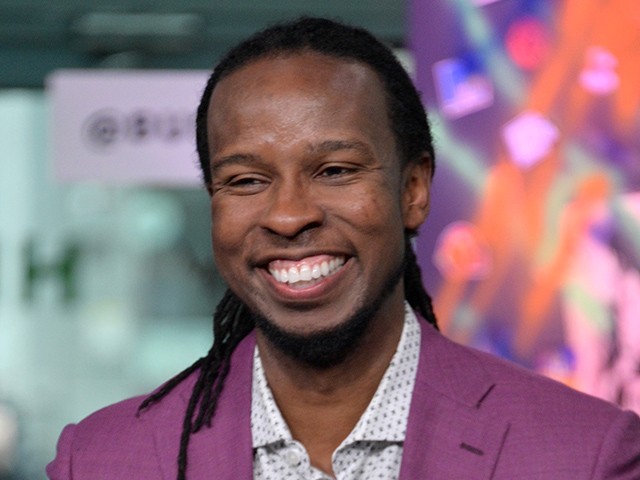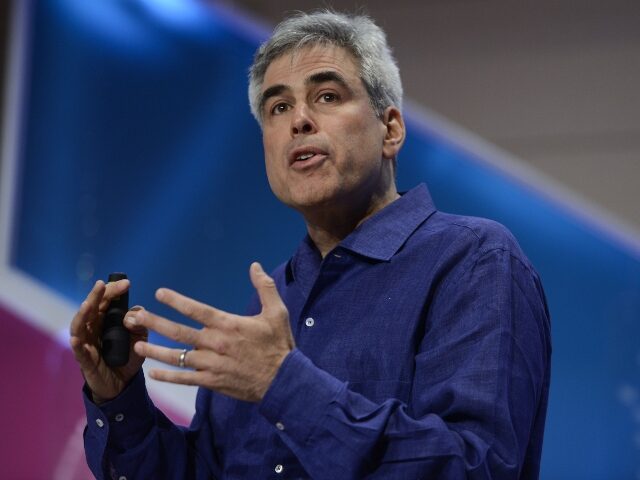NYU professor Jonathan Haidt is quitting an academic group requiring a diversity, equity, and inclusion (DEI) statement, stating, “As scholars I believe we have a fiduciary duty to the truth.”
NYU social psychologist Jonathan Haidt says he is resigning from his main professional association, the Society for Personality and Social Psychology (SPSP), because it “recently asked me to violate my quasi-fiduciary duty to the truth” via submitting a DEI statement.

NEW YORK, NEW YORK – MARCH 10: Ibram X. Kendi visits Build to discuss the book Stamped: Racism, Antiracism and You at Build Studio on March 10, 2020 in New York City. (Photo by Michael Loccisano/Getty Images)
Haidt explained in a recent blog post that he was “surprised to learn about a new rule” regarding his upcoming attendance at a conference where he planned to “present some research with colleagues on a new and improved version of the Moral Foundations Questionnaire.”
“In order to present research at the conference, all social psychologists are now required to submit a statement explaining ‘whether and how this submission advances the equity, inclusion, and anti-racism goals of SPSP,'” the professor explained.
“Our research proposal would be evaluated on older criteria of scientific merit, along with this new criterion,” he added.
Haidt further pointed out that “most academic work has nothing to do with diversity, so these mandatory statements force many academics to betray their quasi-fiduciary duty to the truth by spinning, twisting, or otherwise inventing some tenuous connection to diversity.”
“I refuse to do this,” Haidt explained.
Moreover, “every psychologist who wants to present at the most important convention in our field must now say how their work advances anti-racism,” the professor wrote.
Haidt explained that after reading Critical Race Theory proponent Ibram X. Kendi’s book, How to Be an Antiracist, he knew he “could no longer stay silent,” so he wrote to SPSP president Laura King regarding the mandate that “forced us all to do something more explicitly ideological.”
In his letter, Haidt explained to King why he found Kendi’s work “problematic,” sharing the following passage from the Critical Race Theory pusher’s aforementioned book:
“The only remedy to racist discrimination is antiracist discrimination. The only remedy to past discrimination is present discrimination. The only remedy to present discrimination is future discrimination.”
Haidt said that he found this to be “incorrect morally,” because “it requires us to treat people as members of groups, not as individuals, and then to treat people well or badly based on their group membership.”
“That’s exactly the opposite of what most of us who grew up in the late 20th century thought was a settled moral fact,” he said.
Therefore, Haidt affirmed that the SPSP mandate “puts pressure on social psychologists — especially younger ones, who most need to present at the conference — to betray their fiduciary duty to the truth and profess outward deference to an ideology that some of them do not privately endorse.”
“I cannot remain loyal to an organization that is changing its telos and asking its members to violate their quasi-fiduciary duties to the truth,” Haidt concluded. “I am especially dubious of the wisdom of making an academic organization more overtly political in its mission, especially in the midst of a raging culture war, when trust in universities is plummeting.”
You can follow Alana Mastrangelo on Facebook and Twitter at @ARmastrangelo, and on Instagram.

COMMENTS
Please let us know if you're having issues with commenting.